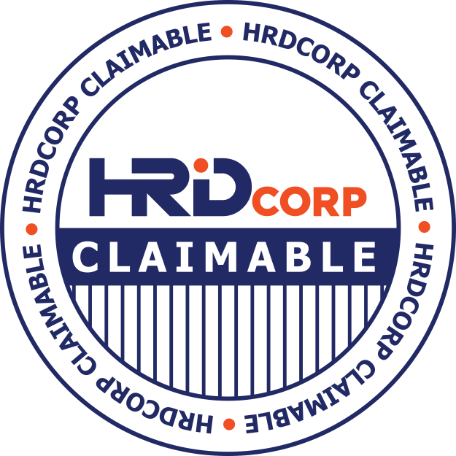Module 3: Risk Oversight And Compliance – Action Plan For Board Of Directors
Scope of Coverage
- Role of the board of directors in building and sustaining an effective ethics and compliance framework that aims to meet the directors’ fiduciary duties
- Identifying and understanding the requirements of the relevant regime;
- Identifying and understanding the current state of systems and processes in the organisation; and
- Undertaking detailed impact assessment and gap analysis so as to determine what needs to be done to comply with the requirements of the relevant regime.
- The board’s role in managing conflicts of interest situations, including
- Connected/Related party transaction;
- Insider information;
- Liquidity and risk management; and
- Customer complaints and dispute resolution.
- What happens when there is compliance failure? How to prevent compliance failure?
- Board’s rights and obligations to demand the right information;
- Relationship between compliance and internal audit function and the impact on board’s functions; and
- Case studies of compliance functions and activities.
- Best practices in compliance for capital market intermediaries; including monitoring compliance as an important part of directors’ oversight responsibilities;
Learning Outcomes
At the end of the programme, participants will be able to:
- Review a framework that identifies, assesses and manages key strategic and operational risks associated with the conduct of licensed intermediaries;
- Explain the importance of risk oversight, ethical and compliance programmes and the consequences of failures in such programmes; and
- Exercise judgement appropriately in dealing with issues of risk oversight and compliance brought to the attention of the board.




